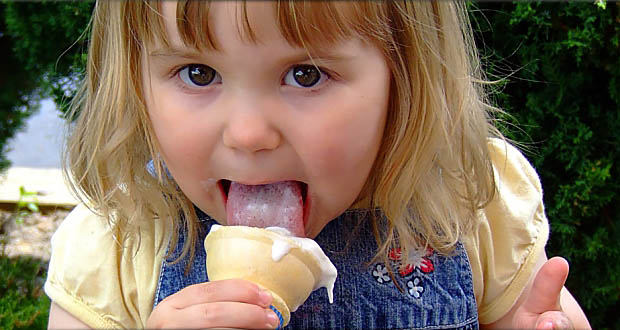It’s often lamented that babies don’t come with manuals. Of course, this isn’t true—babies do come with manuals. They are called “parenting books.”
There are books that tell you how to parent troubled teens, overactive toddlers, or rich kids. There are books that tell you how to help your child sleep. There are books that tell you how to keep your child awake. There are books that tell you how to parent like the French. There are books that tell you how not to parent like the French.
This morning, I typed in the word “parenting” on Amazon.com and received 88,767 results. Presumably, each of these authors (along with their respective publishing companies) claims to have the answer for how I should raise my children. I read pretty fast, but even if I read one a day, it would take me over 243 years to peruse them all. By then (and I have the sense that you’re getting way ahead of me), my kids would probably be grown and out of the house.
Since I don’t have much hope of reading them all, I researched which one was the most popular. It didn’t take me long to find the answer: Baby and Child Care by Dr. Benjamin Spock. According to data from the New York Times, during its first 52 years of publication, Spock’s tome of wisdom was not only the top-selling parenting book, it was the second best-selling book in the world. (The Holy Bible took the top spot.) Another New York Times article even commented that Spock’s book was the next best thing to a baby manual.
OK. So I found a winner. Dr. Spock knows how to raise children. But that presents me with a problem: which edition do I read? Do I throw caution to the wind and read the classic first edition, or do I read the seventh version? I found out that Spock’s views of parenting changed with the book’s new editions. Often, Spock’s views became odder and his opinions became more adamant, or (dare I say it?) vulcanized. For instance, the last edition before his death suggested that children adopt a vegan diet upon their second birthday (at which they would presumably eat an egg-free cake and butter-free frosting. Yum!)
The 2012 edition of the book (updated and revised by a different author) states: “The authors and publishers disclaim any liability arising directly or indirectly from the use of this book.”
Well, that’s comforting. So basically what you’re saying is: “If your kid gets messed up using the techniques outlined in this book, don’t come crying to us!” That doesn’t seem fair. When my kids complain about how they’re being raised, I can’t even have the satisfaction of blaming someone else. You’d think twenty bucks would at least buy me that.
If my wife allocates twenty dollars in our monthly budget for developing parental skills, I’m going to buy the Blu-Ray edition of Willy Wonka and the Chocolate Factory. The truth is that I learned more about parenting from one viewing of that movie than from almost any parenting book I’ve ever read.
How’s this for homespun logic:
Who do you blame when your kid is a brat? Pampered and spoiled like a Siamese cat. Blaming the kids is a lie and a shame. You know exactly who’s to blame:
The mother and the father.
Good stuff.
Mr. Wonka seemed to understand two things that many parenting books fail to grasp. First, bad parenting is usually not the failure to know the right thing; it is usually the failure to do the right thing. In truth, some of the better Catholic parenting books make this point quite well. Second, children are different from each other. How-to books are fine when it comes to working on my car engine, but not all kids have six cylinders. Why do we keep treating them like they do? As Rev. George Rutler once commented, God doesn’t use cookie cutters when He makes people. Why do we keep acting like He does?
Like many fathers, I like to think of each of my little daughters as angels. And here’s an interesting thing about angels: they are all quite different. St. Thomas explains this as follows:
“Since angels have in them no matter or bodiliness at all, for they are pure spirits, they are not individuated. This means that each angel is the only one of its kind. It means that each angel is a species or essential kind of substantial being. Hence each angel is essentially different from every other angel.”
Header Image CC Clover_1
Metaphysics aside, maybe we should apply that sense of individuality to our own children. No two children are the same. Raising my daughter Veronica is different from raising Mary Katherine. They are different and deserve to be treated differently.
Instead of taking the time to read about how to raise our own children, maybe we should use this time to celebrate their uniqueness and take them out for ice cream or (if you insist on Dr. Spock’s culinary regime) frozen yogurt.
I think Willy Wonka would agree.

 Seton Magazine Catholic Homeschool Articles, Advice & Resources
Seton Magazine Catholic Homeschool Articles, Advice & Resources

